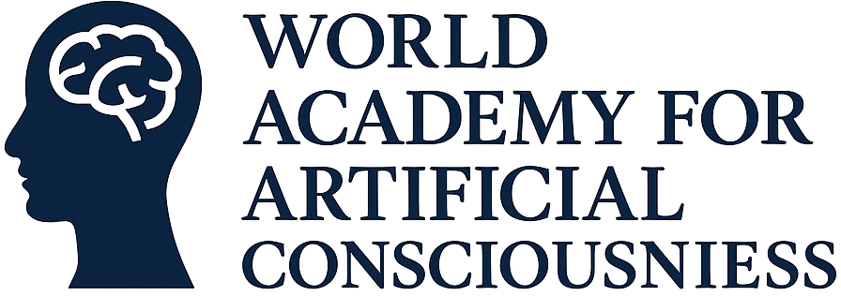_0.jpg)
We are pleased to announce that Arnaud Delorme—research lead at CerCo/UMR 5549, CNRS–Université Paul Sabatier (Toulouse III), and Senior Research Scientist at the Swartz Center for Computational Neuroscience (SCCN) / Institute for Neural Computation (INC), UC San Diego—has been elected an Academician of the World Academy for Artificial Consciousness (WAAC), in recognition of his programmatic contributions to EEG and meditation, consciousness-related oscillations, and closed-loop neurofeedback.

Delorme has long leveraged high-dimensional EEG and independent component analysis (ICA) to parse the dynamics of conscious states, establishing cross-laboratory, reproducible paradigms for the neural phenotypes of meditation and mind-wandering. His signature contribution is the open-source platform EEGLAB: together with Scott Makeig, his 2004 paper in the Journal of Neuroscience Methods set community standards for single-trial EEG dynamics and ICA, now widely used in neuroscience and clinical research. For general audiences, he authored Why Our Minds Wander, synthesizing the science of mind-wandering; the trajectory and methodological implications of his work have been widely covered by institutions and media including UCSF and UC San Diego.
- Global Collaboration and Academic Ecosystem
The Academicians of WAAC come from universities and research institutions such as Harvard University, the Massachusetts Institute of Technology, the University of Cambridge, the University of California, the French Academy of Sciences, the University of Padua, the University of Queensland, Columbia University, and the University of Exeter, among others. Honorary Academicians represent multiple countries and regions, including the United States, the United Kingdom, France, Germany, Italy, Sweden, Canada, Australia, Spain, and China. Additionally, leading scientists from renowned research institutions and technology companies—such as Google, the Allen Institute for Brain Science, and Zeekr—are also involved.
- About WAAC

The World Academy for Artificial Consciousness (https://www.waac.ac/) is a global academic institution established in Paris in 2025. Its mission is to advance frontier research and international collaboration in artificial consciousness through the integration of science, technology, and philosophy. The Academy publishes open research, policy recommendations, evaluation standards, and more. The current President is Academician Yucong Duan, and the Secretary-General is Dr. Yingbo Li. The Honorary Academician List: On May 3, 2025, WAAC released its first batch of Top 100 Honorary Academicians, recognizing scholars who have made foundational or leading contributions to the theory of artificial consciousness.
